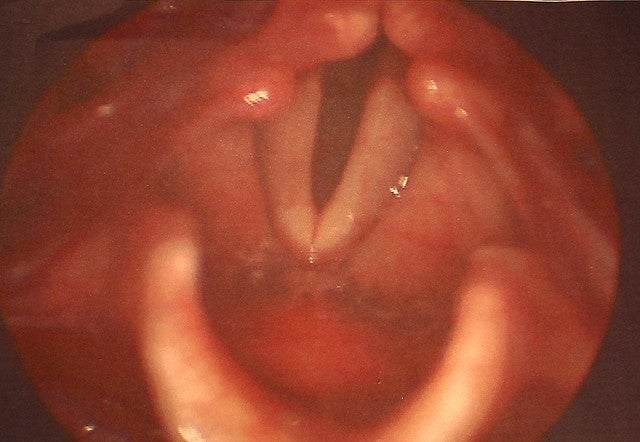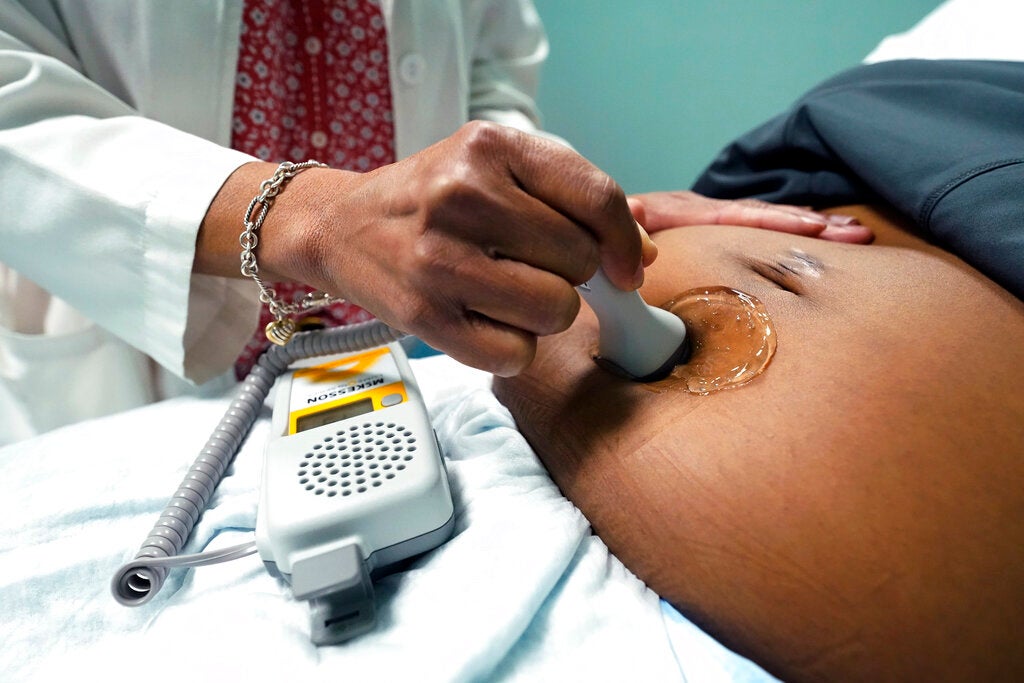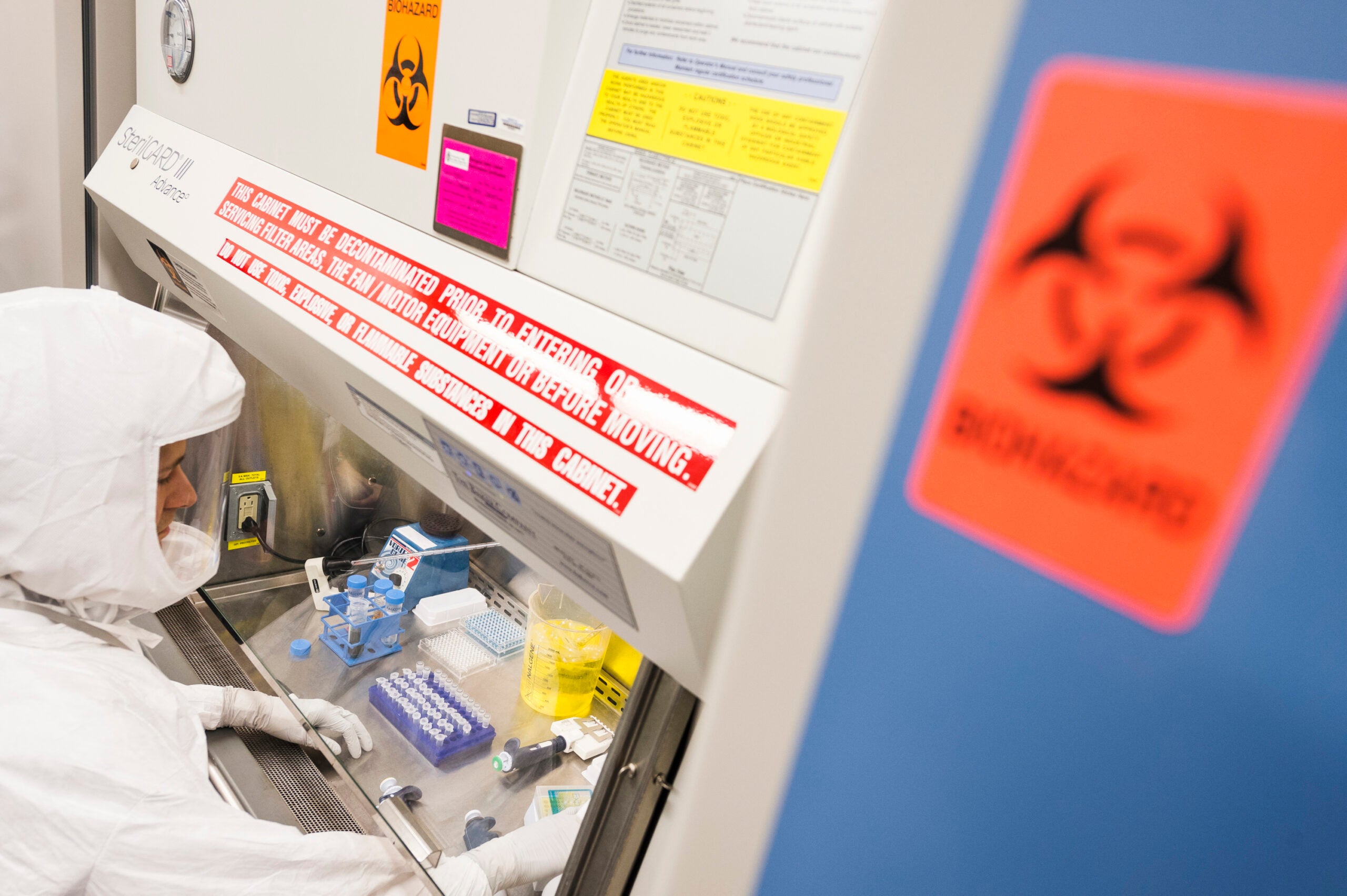University of Wisconsin scientists have grown vocal cord tissue in the lab that produced sound, which could pave the way for potential use in humans.
Millions of Americans have lost their vocal cords to cancer surgery or damage. Current replacement options can’t fully imitate the highly specialized tissue in vocal cords. Now scientists have replicated human vocal cord tissue in the lab.
Dr. Nathan Welham, a speech-language pathologist at UW-Madison who conducted the research, said the research could eventually help a lot of people.
News with a little more humanity
WPR’s “Wisconsin Today” newsletter keeps you connected to the state you love without feeling overwhelmed. No paywall. No agenda. No corporate filter.
“The advantage of using an engineered tissue is that we can customize the size and make the tissue to fit the defect and also fit the size of the vocal fold in the male or female or child that would be the recipient,” said Welham.
The bioengineered vocal cords vibrated and produced sound when attached to the larynx of a cadaver dog. The larynx was attached to an artificial windpipe while air passed through.
The research was published in the journal Science Translational Medicine.
Wisconsin Public Radio, © Copyright 2026, Board of Regents of the University of Wisconsin System and Wisconsin Educational Communications Board.


